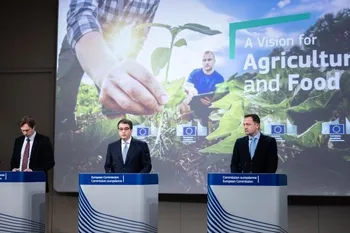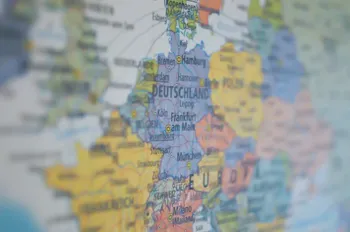Successful proposals will contribute to the implementation of the EU Bioeconomy Strategy and its action plan, the EU Industrial strategy, the Circular Economy Action Plan, Europe's food security and Farm2Fork strategy ambition as well as the Food 2030 pathways as well as the EU Initiative on Biotech and Biomanufacturing.
Projects results are expected to contribute to the following expected outcomes:
- Increased availability of sustainably sourced nutritional proteins.
- Increased resilience of food systems via diversification of protein sources.
- Contribution to the sustainability of food systems in terms of resource consumption within planetary boundaries (land use, water use, energy consumption, nitrogen cycle, other nutrients).
- Improved consumers' awareness and acceptance of proteins from alternative sources, contributing to sustainable healthy diets.
The overarching challenge of ensuring sufficient sustainable availability of proteins for human and animal nutrition is far from being solved. The shift towards sustainably sourced alternative proteins can contribute to building food system resilience. If the proteins are sourced locally, this can also reduce dependency on protein imports as highlighted in the European Protein Strategy. Many alternative protein sources already exist and increasing R&I efforts is needed to boost their uptake as a key nutritional food ingredient, while ensuring safety
...






